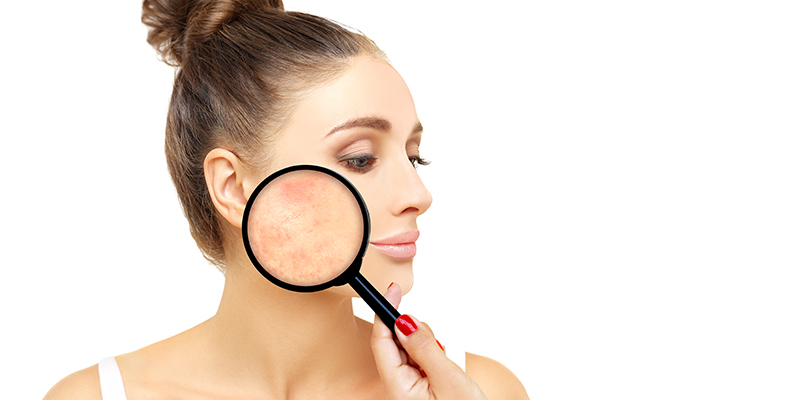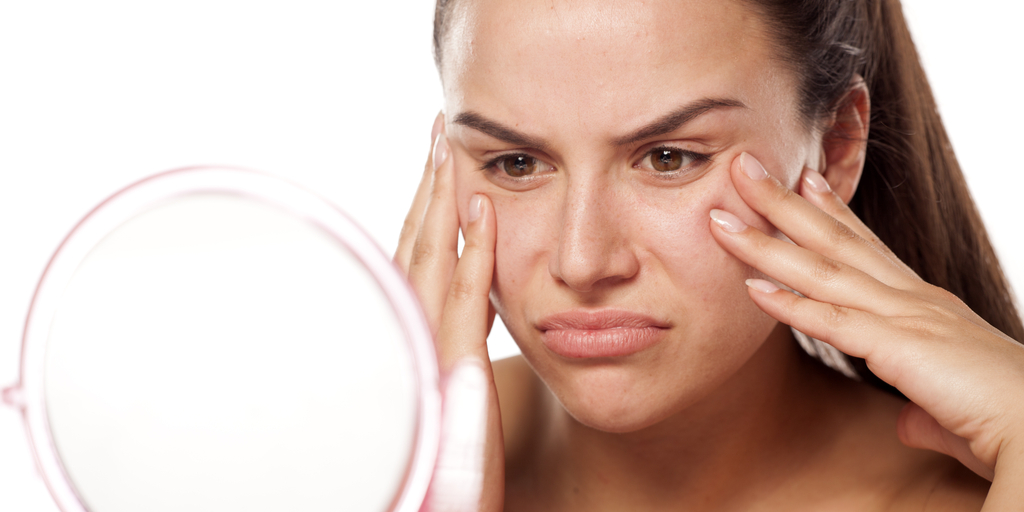Is It Possible To Increase Melanin In Your Skin?
While fairness is in huge demand skin discolouration can set the alarm bells ringing. Are you noticing white spots or patches of skin discolouration on your body? If you are worried about how to increase melanin the production you have come to the right page. Learn about melanin deficiency and medically-proven treatments that can help you restore your natural skin colour here.
What Is Melanin Deficiency?
Our skin develops colour due to melanin, which is a brown pigment that is naturally present in varying quantities. While the abundance of melanin can darken the skin tone, its absence can cause the skin to lose its colour and become lighter in appearance. Melanin deficiency can cause specific medical conditions. An example of such a skin condition is vitiligo. Vitiligo is a dermatological concern caused due to melanin deficiency and characterised by the formation of white patches or macules. These can form anywhere on the body and respond well to early treatment. It can lead to increased sensitivity to the sun.
Must Read: Skin Pigmentation Treatment
Is It Possible To Increase Melanin Levels?
Advanced dermatological treatments can help increase melanin levels and restore the lost skin colour. Seeking timely treatment can help reverse the hypopigmentation and also mitigate the risk of skin cancer.
Treatment For Melanin Deficiency
Professional medical treatments can help treat melanin deficiency and promote melanogenesis. Stimulating this process can help increase melanin production and restore the natural colour of the skin. Dermatologists use the following modalities as a standalone treatment or as a combination one depending on the severity of the pigmentary concern:
- Topical Treatments: Dermatologists prescribe various topical medications to increase melanin levels in the skin during the treatment for vitiligo. These can include steroids, topical calcineurin inhibitors, and other melanin-promoting agents.
- Oral Medications: Doctors commonly prescribe psoralen tablets for vitiligo patients as it results in photosensitisation. The drug triggers specific changes, which improve melanin levels in the skin and cause the repigmentation of the white macules. Since vitiligo is an autoimmune disorder, your doctor may advise a short course of immunosuppressant drugs like corticosteroid medication and cyclosporine to stop the progression of the condition. He will decide the dosage of these tablets after a careful evaluation of the affected area and your medical history.
- PUVA Therapy: Dermatologists often perform ultraviolet radiation therapy (PUVA) in a controlled environment to reduce the discolouration due to vitiligo. UV light increases melanin production, and after repeated sessions under the supervision of a dermatologist, the improvement in melanin levels will be visible as the white patches will start becoming pigmented. In many cases, the discoloured patches become almost unnoticeable as well.
- Narrowband UVB Therapy: This is a safer wavelength of light used in the treatment of vitiligo in children, pregnant and lactating women. This wavelength of light stimulates the dormant melanocytes and helps in the repigmentation of white patches.
- Laser Treatment: The efficacy of fractionated CO2 lasers for treating melanin deficiency is yet to be scientifically-proven. However, the use of an excimer laser in vitiligo treatment is well known. In a clinical setting, reported in the Indian Journal of Dermatology in August 2015, using topical latanoprost in conjunction with a laser, the results observed were substantial as hypopigmentation due to the lack of melanin was reduced drastically.
Must Read: How To Remove White Spots From Face?
Diet And Supplements That Increase Melanin Production
One prevalent theory explains that the occurrence of vitiligo is due to oxidative stress. Oxidative stress results in free radical production, which damages the melanocytes. Research shows that vitamin b12, folic acid, vitamin E and other supplements play a role in repigmentation, but not as monotherapy. However, it is advisable to include foods rich in the above nutrients to boost your immune system and enhance your chances of attaining optimal results while undergoing advanced dermatological treatment.
Now, you know that when it comes to melanin deficiency, it is best to speak to a doctor instead of self-treatment. A medical professional will help you by creating a dedicated treatment plan that will give you the desired results. Remember, timely diagnosis and treatment are critical to achieving the best results.
Must Read: How To Remove Pigmentation From Face Permanently?
If you are noticing signs of melanin deficiency, consult a dermatologist today and find out a suitable procedure to reverse your condition.
Our certified subject matter experts do extensive research and collate facts from reputed scientific journals and international studies to create informative and engaging articles related to all your dermatology concerns. They strive to help you decipher medical jargon, distinguish fact from fiction and overcome paranoia. Our qualified medical board or expert panel goes a step further to verify these facts based on their rich academic knowledge, vast clinical experience and critical industry insights to ensure you consume only medically accurate content that empowers you to make informed decisions about your hair and skin-care treatments and weight management. Check out our Editorial policy for further details
https://www.ncbi.nlm.nih.gov/pmc/articles/PMC5017284/https://www.ncbi.nlm.nih.gov/pmc/articles/PMC3108518/
https://www.ncbi.nlm.nih.gov/pubmed/17302180















